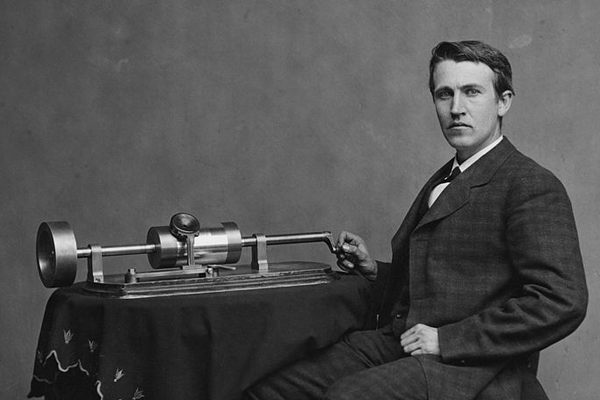Why This Court Decision Hinged on the Oxford Comma
“For want of a comma, we have this case,” a federal judge wrote.

The Oxford comma, also known as the serial comma, refers to the comma that appears just after the penultimate item and before the coordinating conjunction of a list of three or more things. As in: “The story you’re reading right now might also be referred to as an item, post, or article”—the Oxford comma, in this case, being the punctuation mark just after the word “post.”
But the necessity of that comma has long been debated, and, indeed, many style guides, including the Associated Press Stylebook, advise against using it. Others argue (correctly, we’ll note) that it adds clarity and reduces the risk of ambiguity.
Still, the stakes of whether to comma or not are usually very low, more the domain of barroom arguments between certain sets of, well, nerds, than real-life consequences.
Until Monday, that is, for a group of delivery drivers in Maine. That’s when the 1st U.S. Circuit Court of Appeals ruled in their favor in a case that hinged on an (unused) Oxford comma.
The (non-) comma in question came in this passage of Maine’s overtime law, concerning what drivers cannot be paid overtime for:
The canning, processing, preserving, freezing, drying, marketing, storing, packing for shipment or distribution of:
Agricultural produce;
Meat and fish product; and
Perishable foods
“As it happens,” Judge David Barron wrote in the court’s decision, concerning the lack of a comma after the word “shipment,” “there is no serial comma to be found in the exemption’s list of activities, thus leading to this dispute over whether the drivers fall within the exemption from the overtime law or not.”
The comma, Barron then wrote, was important, since ambiguities “must be construed liberally” under Maine law, meaning that the delivery drivers, who had sued for overtime pay, might in fact be entitled to such pay since “distribution” in the law is not unambiguously separate from “packing for shipment.”
The drivers had sued a dairy that employed them, a company, as it turned out, that was less the victim of its own grammatical decision than that of Maine’s lawmakers.
Still, the court’s decision on the matter isn’t final—a lower court will now reconsider the case—but it is, possibly, an important victory for the drivers, while also being, unambiguously, an important victory for Oxford comma advocates.
You can read the entire decision here.









Follow us on Twitter to get the latest on the world's hidden wonders.
Like us on Facebook to get the latest on the world's hidden wonders.
Follow us on Twitter Like us on Facebook